
Tag Archives Ducks Unlimited
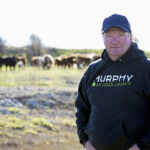
Souris rancher takes on massive water-retention project
Sean Murphy’s farm was ‘defensively drained’ in the 1970s. Fifty-some years later, he’s damming it back up

Ducks Unlimited names 160 acres for Manitoba conservationist
Glenn Babee’s fingerprints are on conservation projects across Manitoba, including Delta Marsh and the land that now bears his name

DUC forage program brings in the green
A DUC program trying to pitch a return from crop to forage is getting financial help from Cargill and McDonald’s Canada
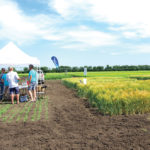
Rains bring relief for winter wheat seeding
Winter wheat is ready to go, but the fields slated for the cereal may not be ready
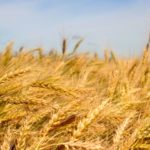
Winter wheat harvest varies by province
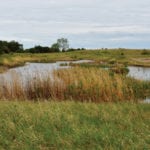
New law aims to protect wetlands, lakes, rivers
The Manitoba government passes its Sustainable Watersheds Act to co-ordinate programs and policy in water management
The Manitoba government has adopted a carrot-and-stick approach to addressing an issue that has divided neighbours and cost the provincial economy billions due to flooding and reduced water quality. Fines for breaking the rules will rise sharply, but incentives for protecting key wetlands are being developed, and the approval process for low-impact drainage projects will be streamlined.
2,000 Hectares That’s how much wetland Manitoba loses every year to drainage. The new law specifies no net loss of “wetland benefits.” Source: Manitoba government $748 Million Protecting key wetlands would prevent 1,000 tonnes of P and 55,000 tonnes of N from entering lakes and waterways annually. The estimated saving on removal using existing technology:
Prairie winter wheat conditions uncertain

Confronting climate change through the power of plants
Carbon sequestration was front and centre as producers gathered in Pipestone to ponder how agriculture could change the conversation around climate change

Putting spurge on the menu for research — and cattle
With an incoming learning centre and research ranging from rodent control to grazing systems and leafy spurge, 2017 looks to be busy for Manitoba Beef and Forage Initiatives
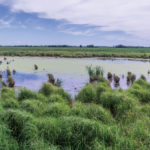
Compensate farmers for environmental good: Ducks Unlimited
The conservation group has told the Senate agriculture committee protecting wetlands requires funding


